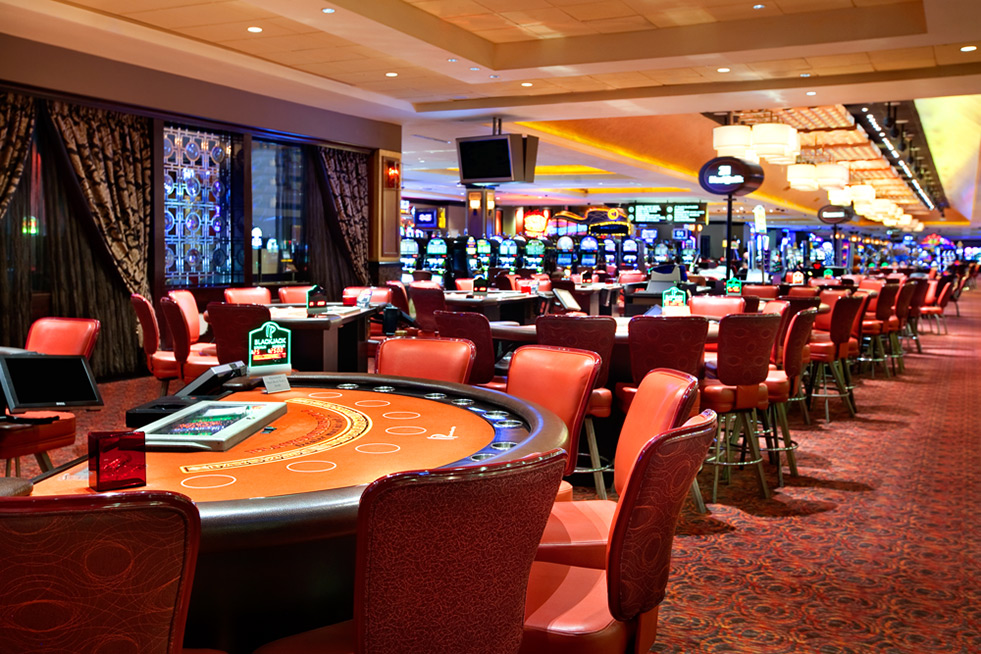
When we think of gambling games, the first pictures that frequently cross our minds are those of spinning roulette devices, card chips clinking on fabric tables, and dice flying across a gaming surface. While many consider these activities as mere pastimes fueled by luck, a more profound exploration reveals a fascinating blend of tactics, expertise, and community engagement that raises them far beyond basic luck. Regardless of whether you are a seasoned player or a inquisitive newcomer, grasping the nuances of these activities can greatly enhance your enjoyment and understanding.
Casino games have evolved over hundreds of years, with different cultures contributing to their diverse backgrounds and variations. From the intricate strategies of 21 to the deception tactics in poker, players engage in a battle of wits as much as a gamble on numbers. This exciting interplay between chance and skill creates a exciting atmosphere that draws millions to casinos worldwide. As we delve into the realm of table games, we will reveal the strategies that can shift the odds in your favor and the community elements that make these activities a popular choice for leisure and interaction.
A Strategy Behind Casino Gaming
Table gaming often combine a mix of skill and chance, which makes them fascinating for participants who enjoy a test. Each game has its unique set of rules and tactics that can affect the results. For instance, in games like 21, participants are obliged to use strategies like counting cards and understanding the probabilities to make smart decisions. This skill set can significantly improve their victory potential, distinguishing seasoned participants from beginners who may depend entirely on chance.
In contrast, games such as roulette may seem to be entirely based on chance, but strategic thinking can also come into the equation. Players can choose between various betting strategies, such as the Martingale system, in which they increase the bets after losses. This approach can establish a more methodical way to the activity. Grasping the odds of specific wagers can also assist participants make smarter decisions on the roulette table, showcasing that even titles of chance, tactics can enhance the enjoyment.
Furthermore, poker is notable as a title that strongly emphasizes strategy. Unlike most gaming games, the game of poker merges ability, psychology, and chance. Players must also concentrate on the hands they are given but also take into account their rivals’ actions and wagering patterns. Mastering principles like table position, the odds of the pot, and reading bluffing is crucial for success. This depth of strategy in the game of poker often leads to a more immersive experience for players, as the decisions and skills significantly affect the match’s outcome.
Understanding Probability and Ratios
In the realm of gambling activities, likelihood and ratios have a critical role in determining a player’s potential results. Every match has its own collection of principles that define how the chance of winning or failing is measured. For case, in games like blackjack, players have a opportunity to modify their odds through planning, whereas in games like roulette, the results are exclusively governed by chance. Understanding how these probabilities are calculated can greatly affect how a player approaches the match.
Ratios are typically expressed in two forms: ratio and decimal. Ratio odds represent the ratio of the amount gained to the amount staked, whereas decimal odds show the overall payout for a successful wager, which includes the stake. For example, if a game has odds of 5 to 1, this means that for every one unit bet, a gambler could gain five dollars if successful. Learning how to interpret these ratios enables players to assess their potential earnings and formulate more educated decisions during play.
Players should also be aware of the house edge, which is the casino’s inherent benefit over the gamblers. Each match has a distinct advantage, and comprehending this idea is important for handling one’s hopes and funds. Activities with a reduced house edge, such as 21 and baccarat, typically offer better odds for players compared to games like slot machines and lottery. By acknowledging the connection between chance, odds, and the house edge, gamblers can enhance their gaming engagement and strategize more effectively.
The Aspect of Casino Table Games
Table games at casinos are often seen as a center of social interaction, drawing players together in a collective experience that extends far beyond the mere act of gambling. The atmosphere at a blackjack table can be electric, with gamblers engaging not only with the game itself but also with each other. Laughter, excitement, and, sometimes, friendly banter create connections that enhance the overall enjoyment of the gaming experience. This communal aspect can turn a solitary endeavor into a dynamic social event, making casino games particularly enticing.
One of the fascinating elements of gaming at tables is the way it fosters camaraderie among participants. Whether it’s teaming up to defeat the dealer at a dice table or sharing stories between hands in a poker game, the environment encourages interaction. Players often share tips or tactics, creating a sense of community that boosts the fun. nuebe This social dynamic can make new players feel welcomed and less daunted by the competitive nature of gaming. As the game progresses, friendships may form, leading to a sense of belonging that keeps participants returning to the table.
Moreover, the social aspect of gaming at tables extends outside just the players. Casino staff play a vital role in encouraging interaction and maintaining the flow of the game. Their ability to engage gamblers with warm dialogue and their expertise in managing the table can create an welcoming atmosphere. This connection between players and staff adds another layer of enjoyment, where players feel connected not only to one another but also to the staff. Such interactions are often what make the experience unforgettable, as players leave with stories to tell and connections made, reinforcing the notion that table games are truly about more than just chance.